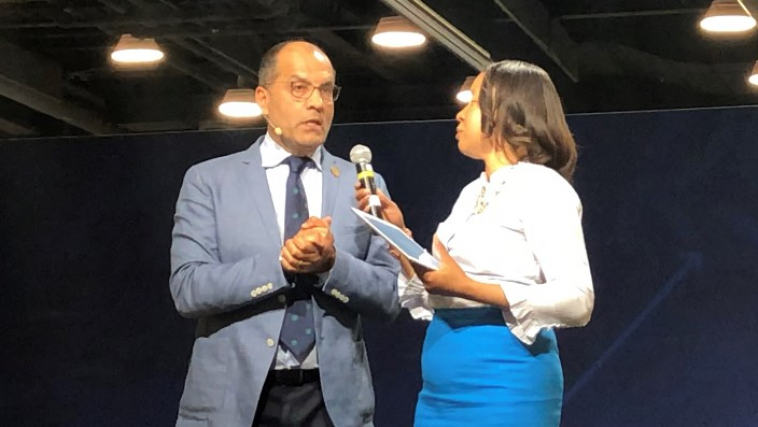Health equity in the refugee crisis
Forced migration has many economic, social, educational, and family consequences, but women’s health and choice is particularly at risk.

Forced migration has many economic, social, educational, and family consequences, but women’s health and choice is particularly at risk. Medications run out, emergency visits are not available; attending to pregnancy and childcare, access to dignity kits, birth control, and protection from violence simply does not happen.
As an OBGYN with a lifelong commitment to women’s sexual and reproductive health and rights, FIGO Vice President Dr Faysal El Kak runs a community clinic in the Bekaa region east of Lebanon where his village of 14,000 people currently hosts close to 20,000 refugees as it exists in his home country of Lebanon.
Earlier this month at the global Women Deliver 2019 conference in Vancouver Canada, Dr El Kak addressed the challenges of health equity faced by woman in the refugee crisis.
Take a look:
Dr El Kak inspires us all to take action:
"Medicine and healthcare are at the core of our humanity, and promoting gender equity in access – including to the specific healthcare needs that women have across their lifetime – is essential. I believe when physicians use their experiences, skills, and compassion, and are able to communicate these experiences and issues across communities, we can make a difference: securing not only access for all, but active participation in the delivery of our collective human rights".